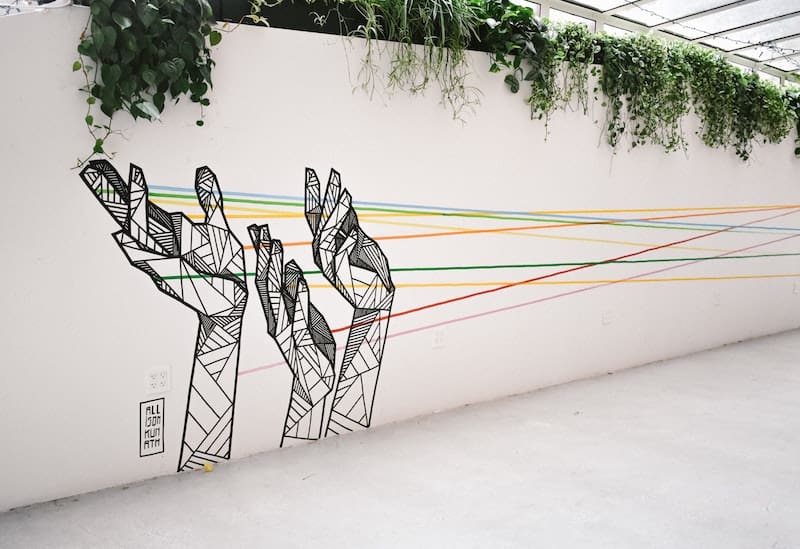Environment Laws After The Fires: Webinar March 11

I hope that you have been enjoying drenching rains, like we have here in Canberra. Wonderful though it is, it reminds me of the amazing capacity of the human mind to move on swiftly from trauma. The fires are over, and for those of us not personally picking up the pieces of broken lives, it’s too easy to forget, and move on to the next thing, be it toilet paper, government corruption, or every day life.
But this also reminds me that everything is connected. Despite everybody predicting a terrible fire season, nobody had prepared for the smoke. Despite warnings of COVID-19, nobody expected the rush on toilet paper. Systems are complex, interconnected, self-replicating, and messy. Very messy.
When we think in linear, disconnected ways, we miss what’s coming. Sometimes with terrible consequences.
Which is why, as the government reviews the Commonwealth Environment Protection and Biodiversity Conservation Act, those of us who understand and respect ecological thinking need to work as hard as we can to get it on the agenda.
Will you join us for a webinar to learn more and plan writing a submission?
Next Wednesday evening, I’ll be joined by Dr Michelle Maloney of the Australian Earth Laws Alliance and Revel Pointon from the Environment Defenders Office Queensland for a one hour webinar. We’ll discuss the failures of the EPBC Act, the context of the review, ideas for alternative regimes that would really protect the environment, and pointers for how to draft your submission.
You’ll get some specific suggestions for important small changes that really must be made, such as including a climate trigger for review and requiring that cumulative impacts of multiple projects are assessed. But you’ll also get ideas for the big changes that really have to be done if we’re to have healthy ecosystems, such as legal rights for nature, a crime of ecocide, a presumption of protection, and a new approach to federalism in environmental regulation that puts local community leadership within the context of expert guidance at its heart.
Register for the webinar here.
It’s important to recognise that, with this government and this review panel, we’re not going to get the changes we need right now. At best, we might hold off the desire to weaken the legislation even further. But that shouldn’t stop us advocating for what we know is necessary.
Politics is a system, too. It works in complex and often unpredictable ways, because all it is is the collected actions of humans, influenced by each other and by external impetuses such as the weather.
Donella Meadows, the modern mother of systems thinking, wrote that the most effective leverage point to change a system is “the mindset or paradigm out of which the system… arises”. It’s critical, then, that we think deeply about the system which sees environmental protection as of marginal importance at best, and as a barrier at worst. It’s vital that we recognise the mindsets of disconnection from nature, and of human dominance that drive that system, and that we seek to change them.
It won’t work overnight. But if we do get a large number of submissions to this enquiry calling for environmental protection legislation that is embedded in ecological thinking, that recognises that we humans are part of nature and entirely reliant on its health for our survival, that the natural world has its own rights to existence, then we will be putting a whole lot of small chocks under the lever. Each of those chocks is tiny. But together they can tip the balance and, all of a sudden, change will come.
Please join us for what promises to be a tremendously interesting discussion!
Yours ecologically,
Tim
comments
Add comment